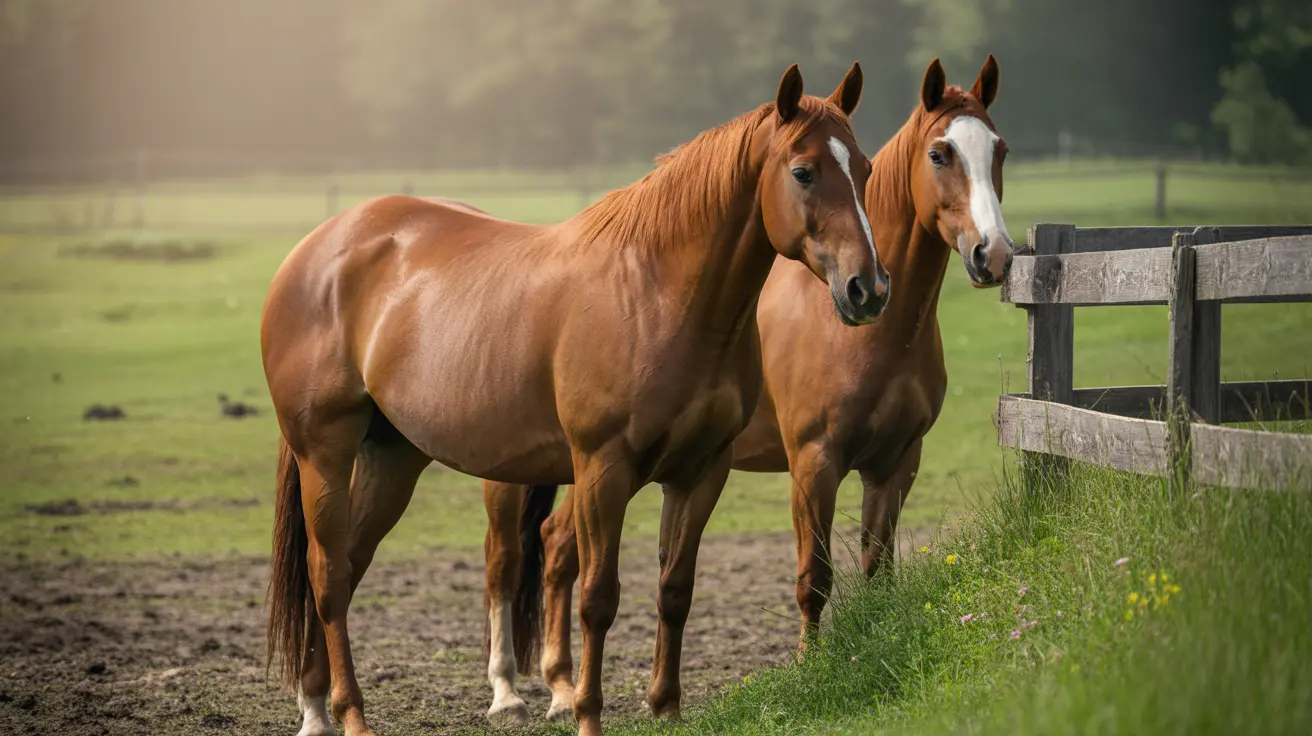In the aftermath of Hurricane Helene, Red Dog Farm Animal Rescue Network has emerged as a crucial lifeline for displaced animals across North Carolina. The Stokesdale-based organization continues to provide emergency shelter and care for pets and farm animals affected by the devastating storm, demonstrating the vital role of animal rescue operations during natural disasters.
As communities grapple with the hurricane's impact, Red Dog Farm has transformed into a safe haven for various species, from household pets to farm animals, ensuring no animal is left behind during this challenging time. Their comprehensive approach to Hurricane Helene animal rescue includes immediate shelter, medical attention, and reunification efforts.
Emergency Response and Shelter Operations
The rescue network has mobilized its resources to accommodate an influx of animals displaced by Hurricane Helene's flooding and wind damage. Their facility has adapted to handle various species, including dogs, cats, horses, goats, and pigs, providing specialized care for each animal's unique needs.
Coordinated Relief Efforts
Red Dog Farm is working alongside other regional organizations, including the Asheville Humane Society, to maximize their rescue and relief capabilities. This collaborative approach ensures broader coverage and more efficient use of available resources across affected areas.
Pet Reunification Initiatives
One of the most critical aspects of post-hurricane animal care is reuniting lost pets with their families. Red Dog Farm has implemented several strategies to facilitate these reunifications:
- Extended stray hold periods up to 30 days
- Coordination with microchip databases
- Social media outreach for lost and found pets
- Partnership with local animal control agencies
Supporting the Relief Effort
The organization's continued operation relies heavily on community support and volunteers. Those wanting to assist can contribute in several ways:
- Monetary donations for medical care and supplies
- Pet food and bedding donations
- Volunteer time at the shelter
- Temporary fostering of displaced animals
Emergency Preparedness Tips
While Red Dog Farm manages the current crisis, their experience highlights the importance of disaster preparedness for pet owners:
- Keep pet identification current
- Maintain an emergency supply kit
- Have a evacuation plan that includes pets
- Store important documents in waterproof containers
Frequently Asked Questions
How can I help pets displaced by Hurricane Helene in North Carolina?
You can support animal rescue organizations like Red Dog Farm Animal Rescue Network by donating money, supplies (pet food, bedding, crates, medical items), or volunteering as a foster caregiver to help displaced pets affected by the hurricane.
What should I do if I lost my pet during Hurricane Helene floods?
To find a lost pet, check with local shelters such as Red Dog Farm, Asheville Humane Society, and animal control agencies. Utilize social media lost-and-found groups and contact microchip databases to aid in reunification efforts.
How are animal shelters managing the influx of displaced pets after Hurricane Helene?
Shelters have extended stray hold periods (up to 30 days) and coordinated with other shelters to transfer animals, creating space for displaced pets. They also host adoption events and work closely with rescue groups to care for, rehabilitate, and rehome animals.
The ongoing efforts of Red Dog Farm Animal Rescue Network exemplify the critical role of animal welfare organizations during natural disasters. Their dedication to protecting and reuniting animals affected by Hurricane Helene serves as a model for emergency animal care and highlights the importance of community support in times of crisis.
As recovery efforts continue, the organization remains committed to its mission of providing shelter and care for every animal in need, while working tirelessly to reunite displaced pets with their families. Their work reminds us that emergency preparedness and community support are essential elements in protecting our animal companions during natural disasters.






